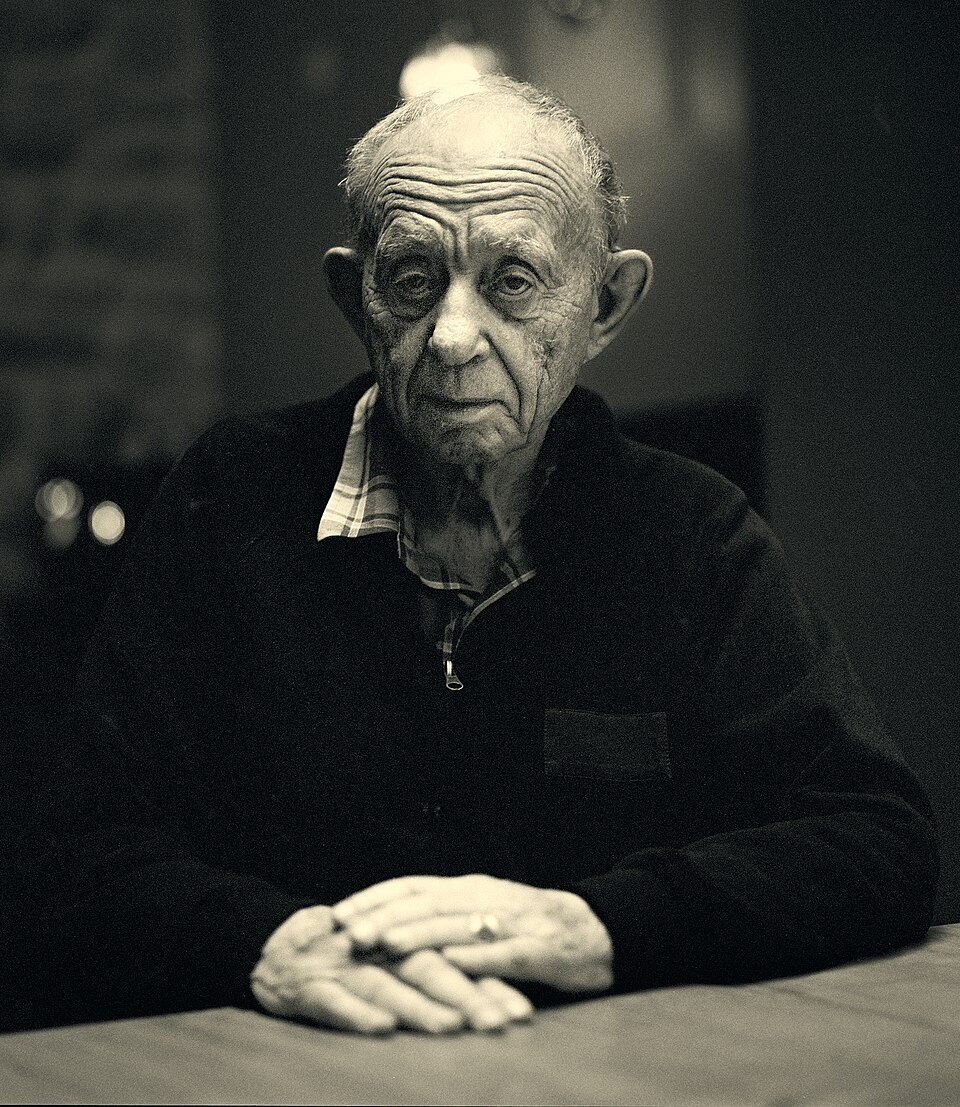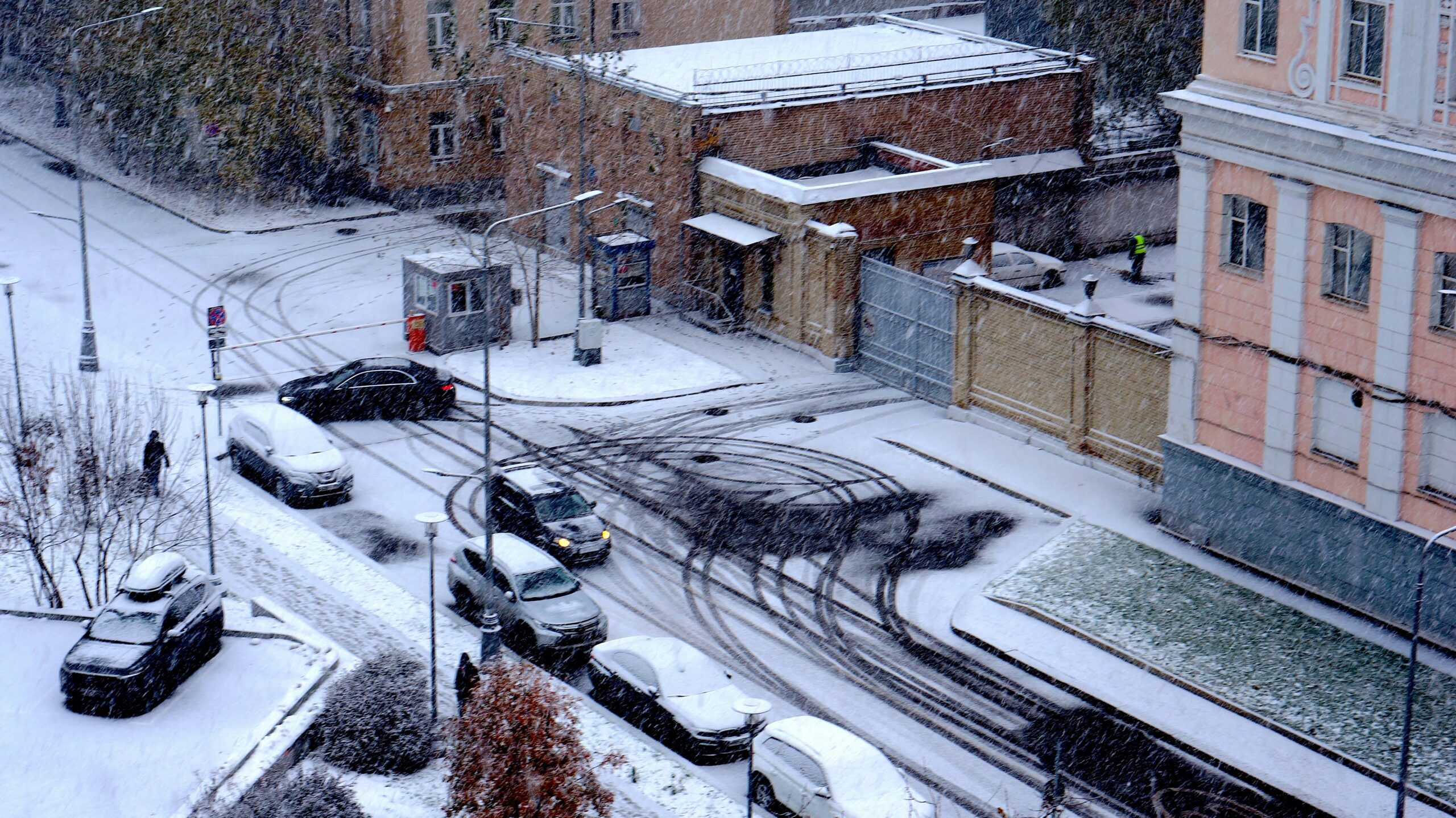Science Shaming
By Susan Gelman
April 17, 2015
As a researcher and dilettante science blogger, I come across a lot of things on the Internet I find irritating: poorly written papers, inaccurate methods, unsubstantiated scientific claims, ‘nutrition bloggers,’ and so on. Hilarious science writer Adam Ruben posted a piece a few months back titled ‘How to P*ss Off a Scientist,’ where he listed various means of angering scientists, including this gem: “Suggest that vaccines cause paper cuts, that global climate change is a result of lesbian weddings, that the Earth if 239 years old, and that evolution can’t be real because look how goofy this sloth is.” These types of claims are truly a sure-fire way to enrage anyone with a basic understanding of science and have led to many writers and communicators making efforts to debunk these claims in the interest of breaking down ignorance, as well as mitigating pseudoscience claims that can be immediately harmful to our health. However, in the heat of frustration and in an effort to assist in understanding concepts so that the general public can make more informed choices about what or who to follow, we often delve into delicate territory, where we move from trying to assist and inform people to bullying them. This type of science shaming occurred with the recent publication of a Gawker article, where blogger Science Babe called out the extremely polarizing Vani Hari, widely known as the Food Babe.
This is not to say that science shaming is necessarily always a bad thing, as it can often be a powerful tool to hold public figures, as well as the general public, accountable for what they say or do in regards to science. Additionally, the so-called ‘naming and shaming’ can truly be effective, as was seen in this instance. A recent comment on the Science Babe’s Facebook page reads, “I used to be a Food Babe follower until I noticed she had no scientific explanations for anythin’ [sic] and used fear to capture her followers.” This is the kind of comment that every science communication enthusiast dreams of: being able to communicate science in a way that actually affects individuals on a daily basis, to help them sort out the scientific facts from the flotsam polluting the Internet. Still, there is a thin line between holding someone accountable and attacking, and this article crossed that line. Unfortunately this is an easy thing to do, as the Food Babe’s modus operandi is completely dependent on generating attacks, towards both humans and ‘chemicals.’
I will say that I fully appreciate the amount of attention this article has generated, and it has clearly provoked thought and coverage in several other media outlets. I also understand that the article was written as a response to the outrageous claims the Food Babe has made, and was not intended to be a mere informational article. The Food Babe has indeed started campaigns that have been harmful to businesses as well as our collective understanding of food science. People should be rightfully upset about the fact that she spews lies and fear as a means of profit. And, as has been clearly demonstrated by her banning anyone who might ask certain questions and lashing out against any poor publicity she receives, there really isn’t a good way to approach the Food Babe and her ‘army.’ Fortunately, the backlash against Hari gained enough visibility to be picked up media outlets Elle and Cosmopolitan, which were written in a much less aggressive style and garnered an even wider audience. So maybe today, science won. But what happens when mass media doesn’t pick up a story? We are left with an article geared towards scientists, with scientists cheering and non-scientists on the defensive. In that instance, we are not moving towards a productive conversation, and it becomes yet another example of scientists and non-scientists getting so upset that we are simply talking past each other instead of looking for common ground. When this happens, we lose part of our audience and science writing becomes scientists writing for each other.





